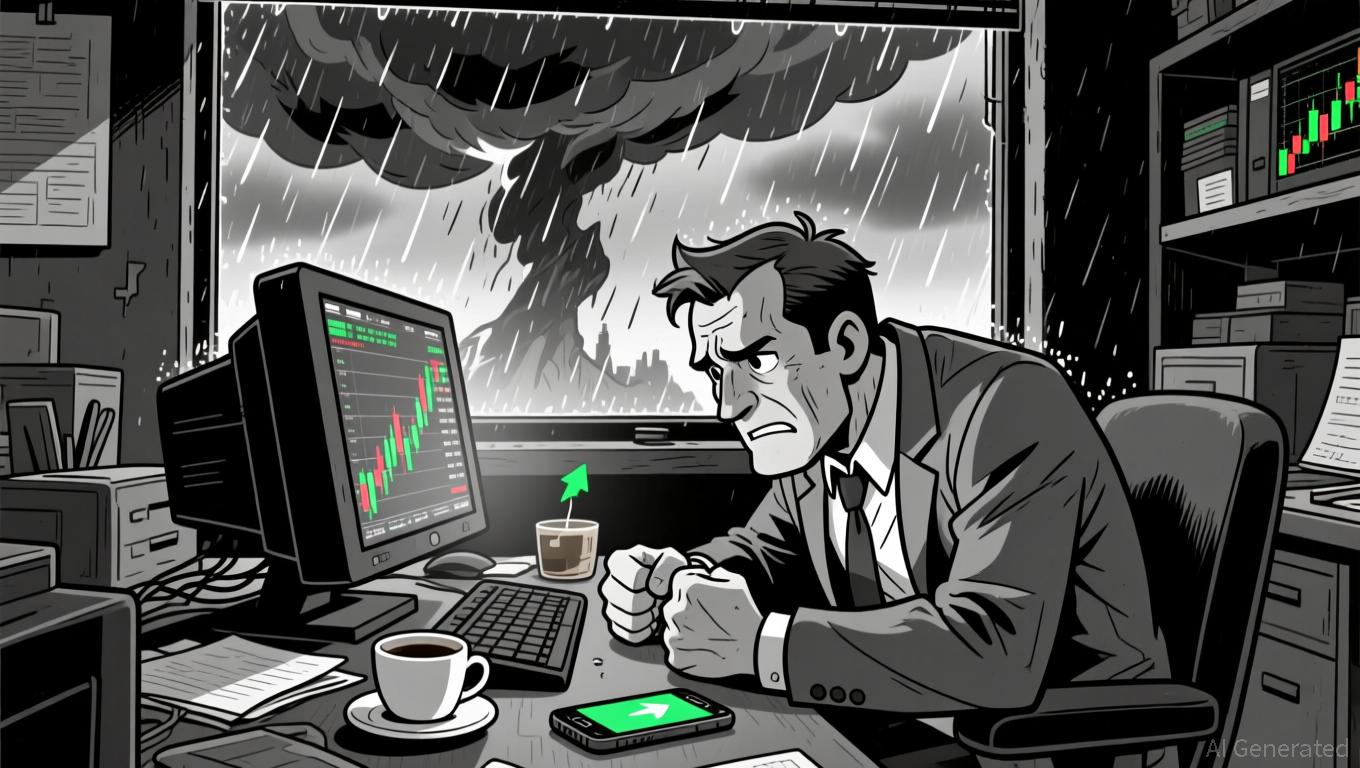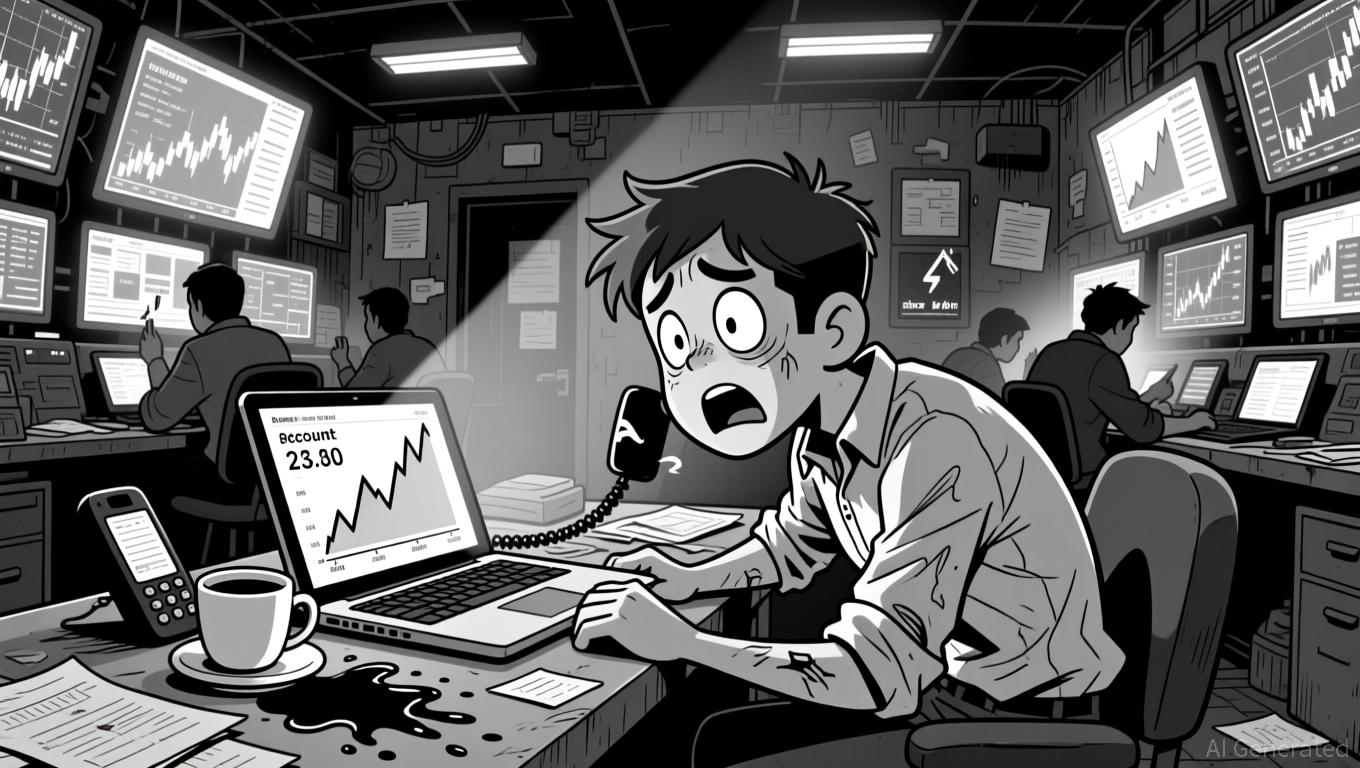- 30% of Bitcoin is held in old, inactive addresses.
- Quantum-resistant wallet upgrades may ignite disputes.
- Security upgrades raise concerns over dormant BTC ownership.
Roughly 30% of all Bitcoin ( BTC ) currently sits untouched in old, inactive wallets. These addresses, many of which haven’t been accessed in years, hold billions in BTC. But with the looming threat of quantum computing, experts are warning that these dormant coins may soon become the center of controversy.
As quantum technology advances, it poses a serious risk to traditional cryptographic wallets. This is where Bitcoin quantum-resistant wallets come into play—new wallet systems designed to secure BTC against future quantum attacks. While these wallets promise stronger security, they also bring a new challenge: how to upgrade coins from inactive addresses where private keys might be lost or held by unreachable holders.
Security vs. Ownership: A Brewing Dilemma
To protect the Bitcoin network, some developers suggest a broad move toward quantum-resistant security, even if it means proposing upgrades for coins held in inactive addresses. However, this could trigger a massive debate about ownership rights and the ethics of moving coins that haven’t been touched—possibly because their owners no longer have access.
Should the community intervene to upgrade those coins for the sake of security, or leave them untouched and risk quantum theft in the future? There’s no easy answer. Such moves might split the Bitcoin network, leading to potential forks or community backlash.
A Potential Flashpoint for the Network
The push to implement quantum-resistant wallets for Bitcoin could become one of the biggest tests of governance in Bitcoin’s history. If not handled carefully, it might create rifts within the community—between those prioritizing future-proof security and those defending the sanctity of ownership.
As the crypto world braces for a quantum future, the dormant BTC debate is just heating up.




